In just the past few decades, the area around San Francisco Bay in Northern California has become home to a unique ecosystem of multi-billion dollar startups and tech giants.
Once in danger of collapse
Starting with HP, then Apple, Google, Cisco, Intel and Meta were founded in Silicon Valley (in the south of San Francisco Bay, considered the technology capital of the US). In 2020, venture capitalist Keith Rabois called on startup founders to leave San Francisco with him to go to Miami, Florida, which has low taxes and a more technology-friendly market.
By fall 2022, a wave of layoffs will hit the region, with 12,000 at Google parent Alphabet, 11,000 at Meta (which owns Facebook and Instagram), 10,000 at Microsoft, 18,000 at Amazon, 8,000 at Salesforce, 4,000 at Cisco, and 3,700 at Twitter. Investment in San Francisco Bay Area startups is expected to fall 12% to $63.4 billion by 2023.
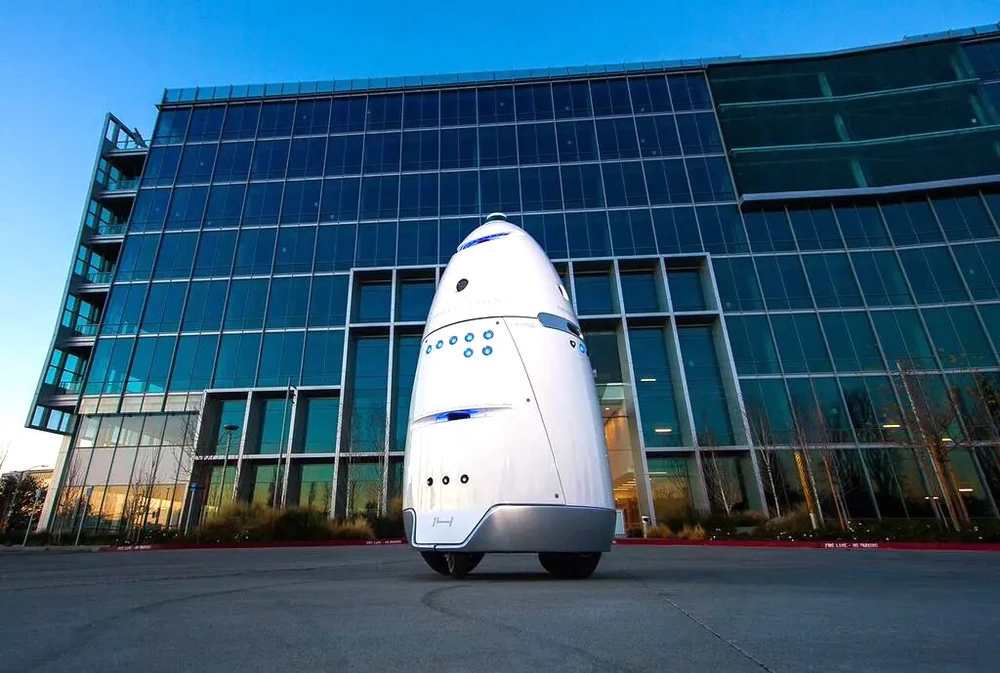
A few months later, Silicon Valley Bank, the reference bank for startups, declared bankruptcy and was only rescued at the last minute by the federal government to prevent contagion from spreading to the rest of the banking industry. Disaster was narrowly averted, but doubts lingered. The numbers were so shocking that some experts predicted the end of Silicon Valley.
Now, the San Francisco Bay Area is resurging. The reason can be summed up in two words: AI (artificial intelligence). This field has truly become an innovation engine just weeks after ChatGPT was born. At the TechCrunch Disrupt exhibition in San Francisco in late 2023, investors and entrepreneurs talked about nothing but AI. Entrepreneurs and employees quit their jobs and flocked to Silicon Valley. It can be said that this place has partly overcome the funding crisis for startups.
The AI capital of the world
San Francisco’s long-standing tech reputation, proximity to renowned tech universities and the recent AI boom are all factors that are luring people back to the city, said Mo Koyfman, founder of venture firm Shine Capital. Shine Capital, based in New York City, opened a San Francisco office in January. Henrique Dubugras and Pedro Franceschi, co-founders of fintech startup Brex, returned to San Francisco in late 2023 after facing pressure from investors.
The two moved to Los Angeles, New York, and then Miami during the Covid-19 pandemic. Howie Liu, CEO of Airtable, has been spending more time in San Francisco after moving to Los Angeles because of the pandemic. Erik Torenberg, an investor in startups Scale AI and Figma, recently moved from Miami to San Francisco…
Elon Musk, a longtime critic of San Francisco’s political culture, also returned to the city in October 2022 when he bought Twitter (now X) and its headquarters in San Francisco. Companies like OpenAI, which operates ChatGPT, are leasing new buildings in the city while other Bay Area tech companies are moving staff back to San Francisco from elsewhere.
San Francisco Mayor London Breed once declared San Francisco the “AI capital of the world.” This surge in AI investment can be attributed to the growing reliance on automation and advanced technology across various industries. Investors are recognizing the important role AI plays in shaping the future of business, leading to increased confidence and funding for these startups.
According to Goldman Sachs, AI-related investment could peak at 2.5%-4% of GDP in the US and 1.5%-2.5% of GDP in other leading AI countries. It is estimated that AI investment could reach $100 billion in the US and $200 billion globally by 2025. AI investment is expected to focus on four main business segments: companies that train and develop AI models, companies that provide infrastructure (e.g., data centers), companies that develop software to run AI-powered applications, and end users.
KHANH MINH compiled
Source


![[Photo] Hanoi morning of October 1: Prolonged flooding, people wade to work](https://vphoto.vietnam.vn/thumb/1200x675/vietnam/resource/IMAGE/2025/10/1/189be28938e3493fa26b2938efa2059e)
![[Photo] Keep your warehouse safe in all situations](https://vphoto.vietnam.vn/thumb/1200x675/vietnam/resource/IMAGE/2025/10/1/3eb4eceafe68497989865e7faa4e4d0e)

![[Photo] President of the Cuban National Assembly visits President Ho Chi Minh's Mausoleum](https://vphoto.vietnam.vn/thumb/1200x675/vietnam/resource/IMAGE/2025/10/1/39f1142310fc4dae9e3de4fcc9ac2ed0)


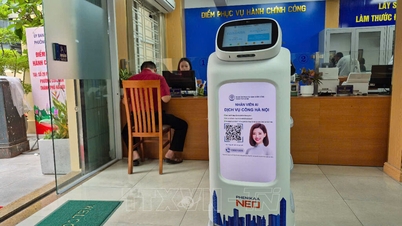

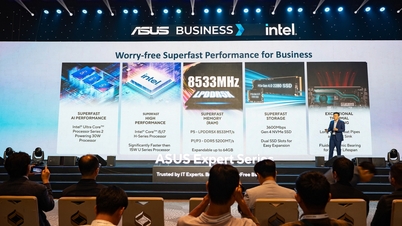



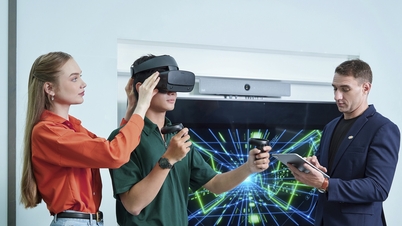


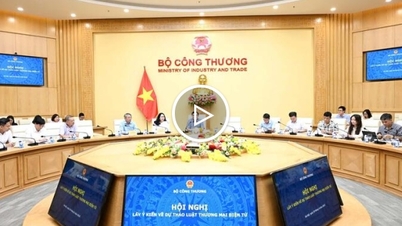
















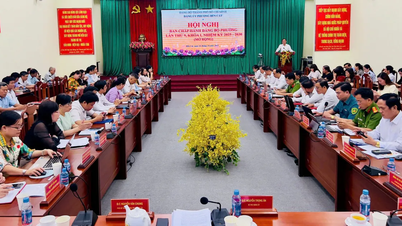
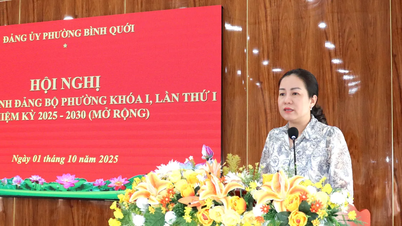
































































Comment (0)